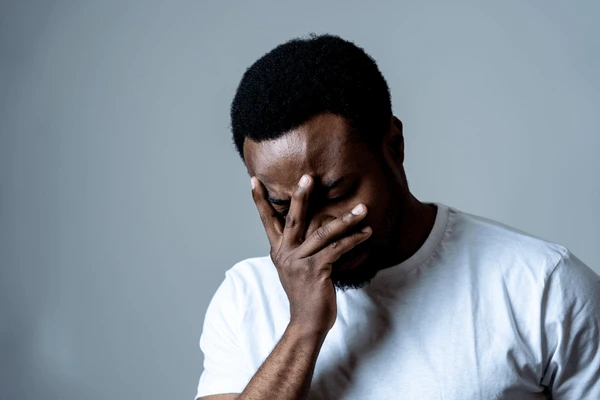The term “kuwa mwanaume” literally “to be a man” in Kiswahili is tossed around casually at school, at home, and mostly on the internet. While it is often meant to promote resilience, courage, or responsibility, for many boys it becomes a crushing block. Beneath these two words is a cultural script that demands silence and emotional bulletproofing at virtually all costs.
Yet this very phrase is often affirmed by tradition and good old‑fashioned gendered expectations, and it is quietly destroying the young men we expect to be the foundation of tomorrow. From a young age, boys are conditioned to think that emotional expression is for girls. Boys who cry are labeled weak. A high schooler who owns up to stress is mocked. A young man seeking therapy is laughed at.
The pressure doesn’t ease with age it gets heavier, supported by unwavering gender roles ingrained in society. On mainstream media, men are portrayed as hyper‑tough heroes or comical figures whose vulnerability is a joke.
Some social media memes mock men who struggle financially or emotionally, reducing complex battles to hashtags about being “soft.” Even in Kenyan music videos, masculinity is equated with dominance, aggression, and detachment.
The consequences are real. Suicide rates among men are significantly higher than among women. Young men struggle silently with unemployment stress, relationship pressures, addiction, and identity crises all while being told to “deal with it like a man.” Many turn to alcohol or reckless behavior not because they lack discipline, but because they lack safe spaces to speak.
But this story doesn’t end in despair. Around the world, governments are beginning to respond.
In
England, men and boys will benefit from tailored healthcare and support as the government launches its first Men’s Health Strategy. Launched on International Men’s Day, the bold plan sets out comprehensive action to tackle the physical and mental health challenges men and boys face every day.
Similarly, in Kenya, a new national
initiative aimed at expanding access to mental health services, reducing stigma, and empowering communities has been unveiled. The Kenya Mental Health Project was launched on October 9, 2025, during the 2nd National Mental Health Conference, in collaboration between Johnson & Johnson Middle East FZ‑LLC (Kenya Branch) and the Ministry of Health.
These initiatives show that masculinity can be rewritten. Schools and churches must create safe spaces where boys can talk honestly. Parents must teach their sons that expressing emotions is not shameful but human. And most importantly, men must model vulnerability to younger boys because boys imitate the men they see.
Our men deserve a version of manhood that allows them to feel without ridicule, to speak without judgment, and to break without being shamed. If we want healthier men, we must raise boys who are free to be human not just mwanaume.
Stay connected with us on WhatsApp and Facebook for instant updates and breaking news as it happens.
